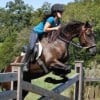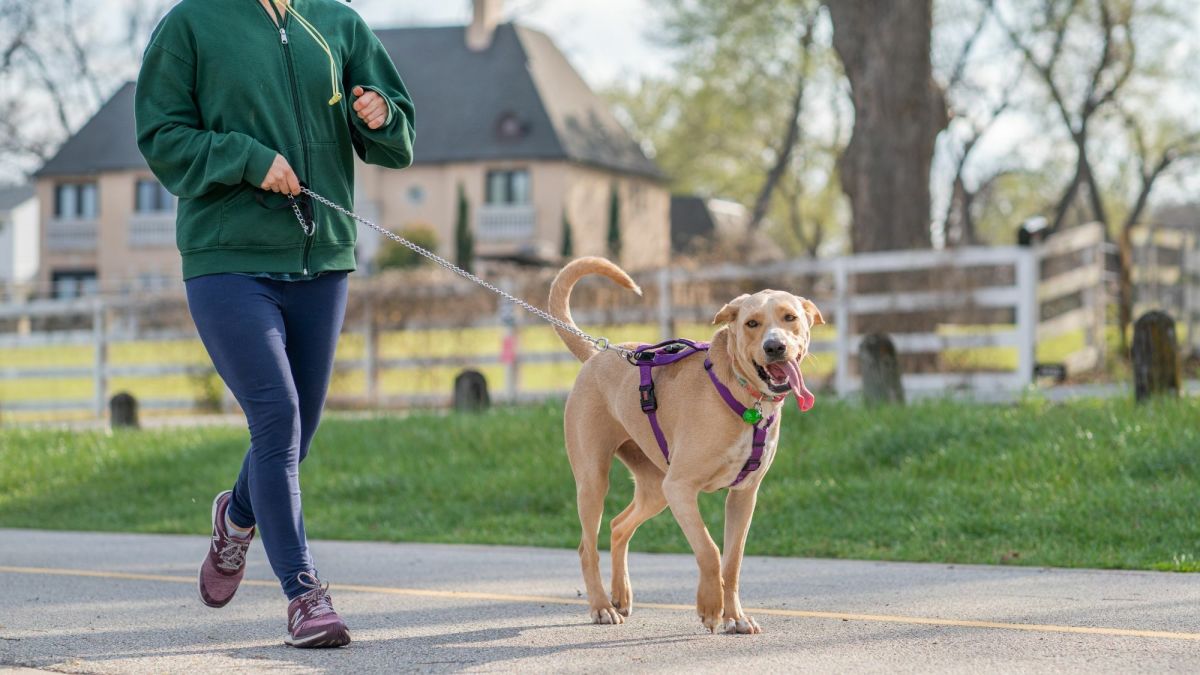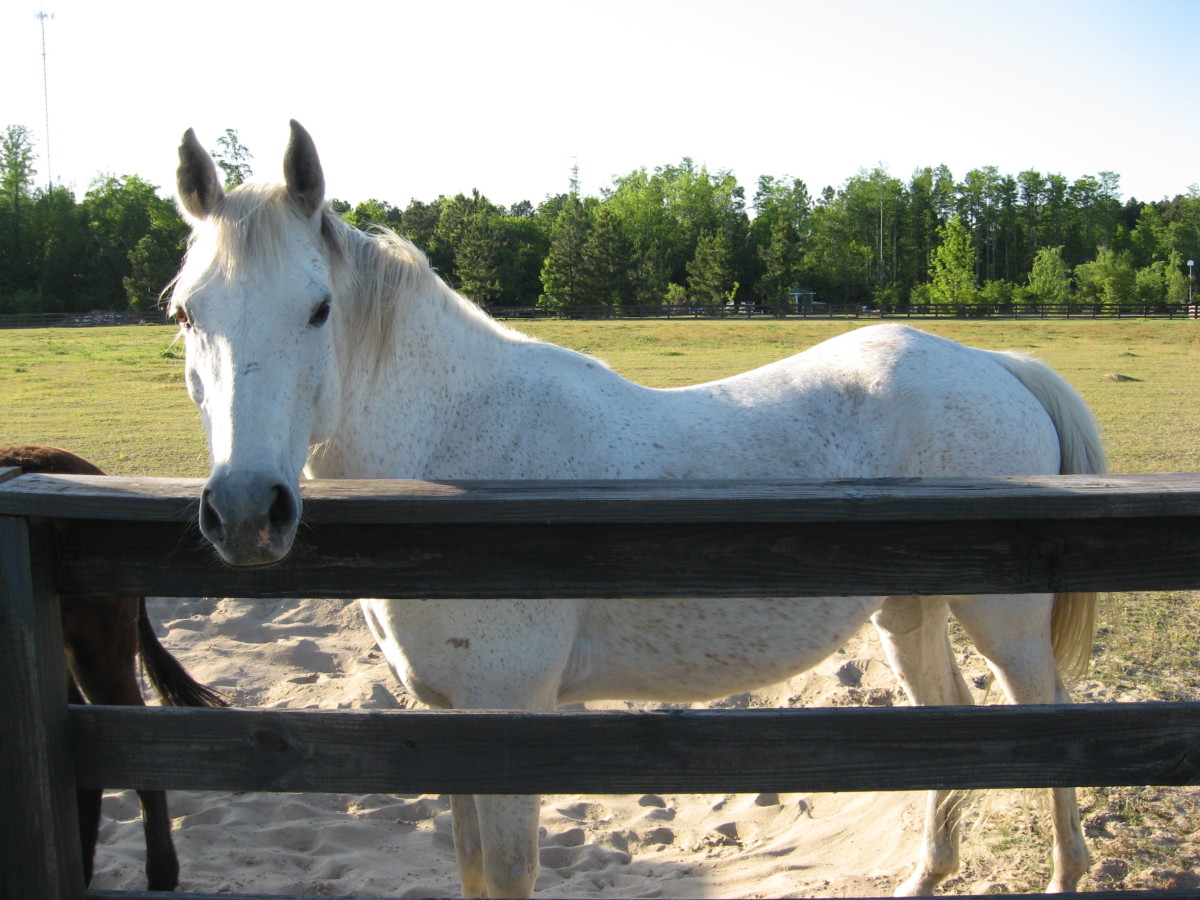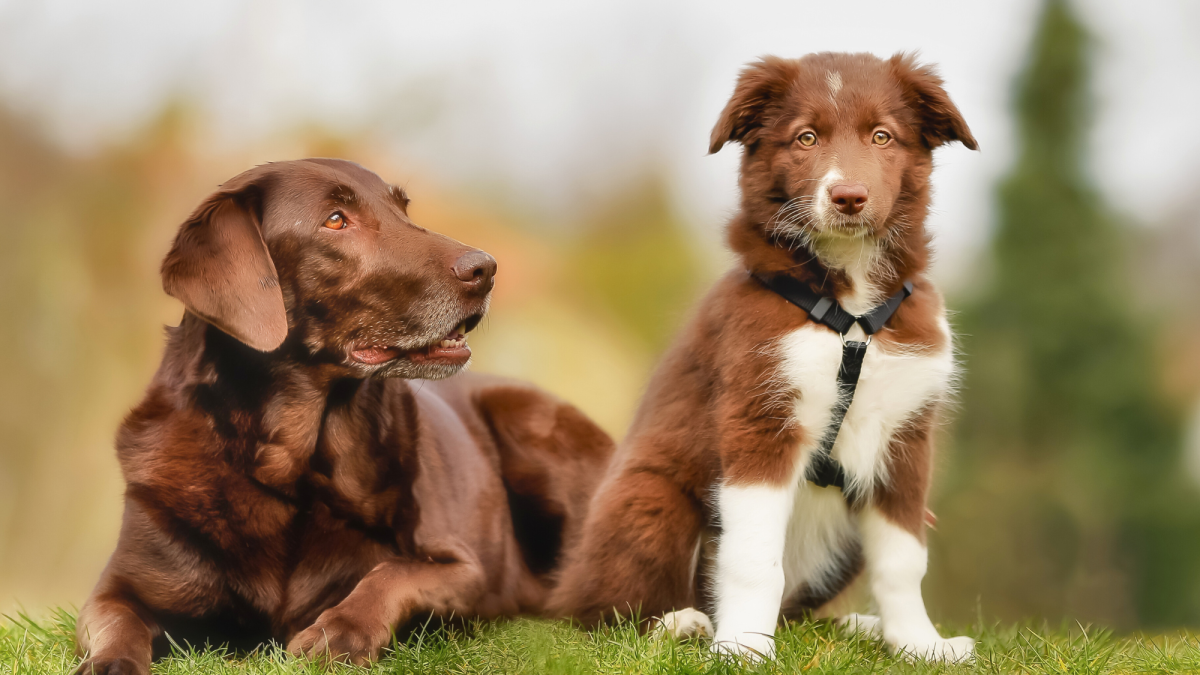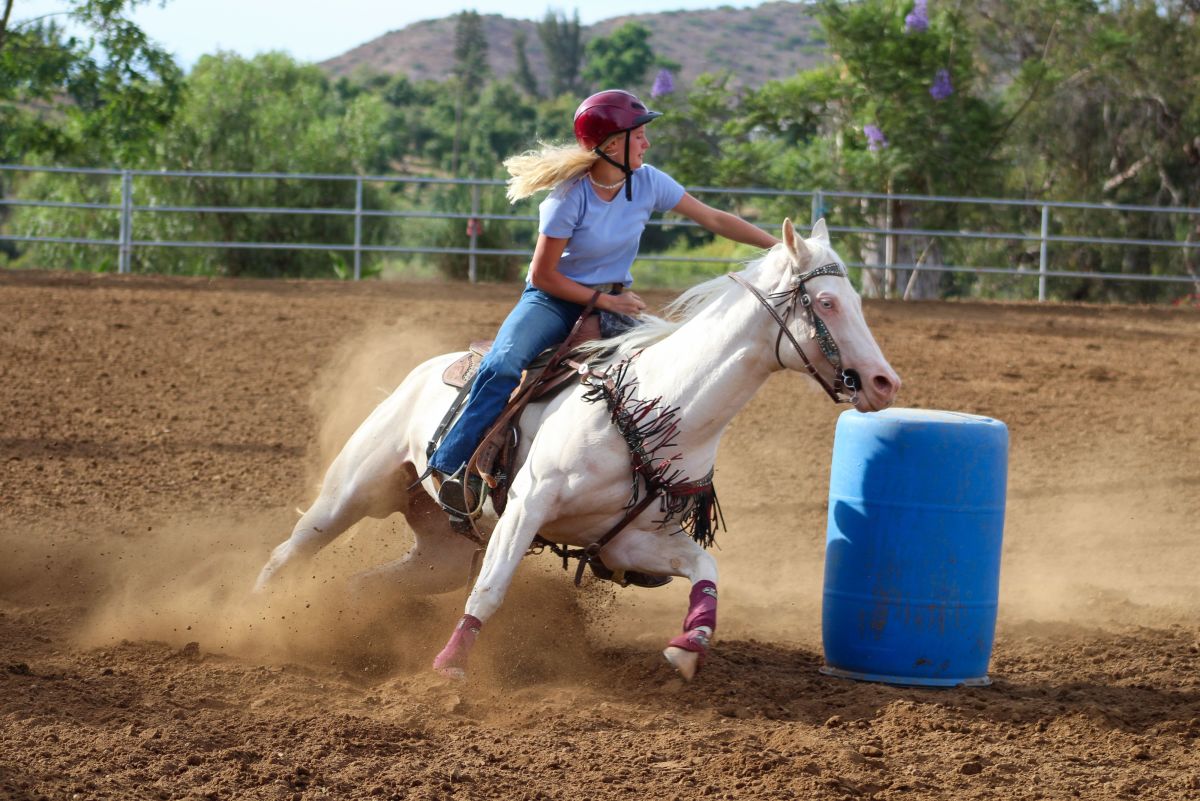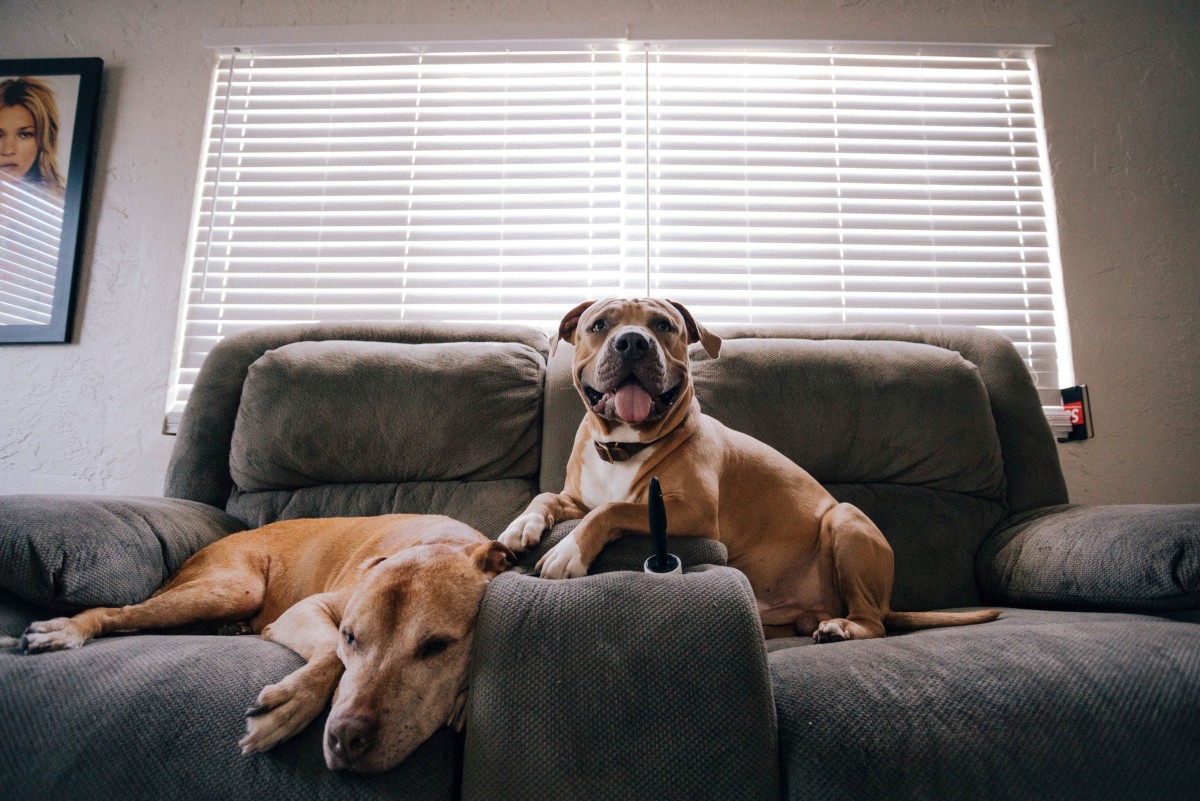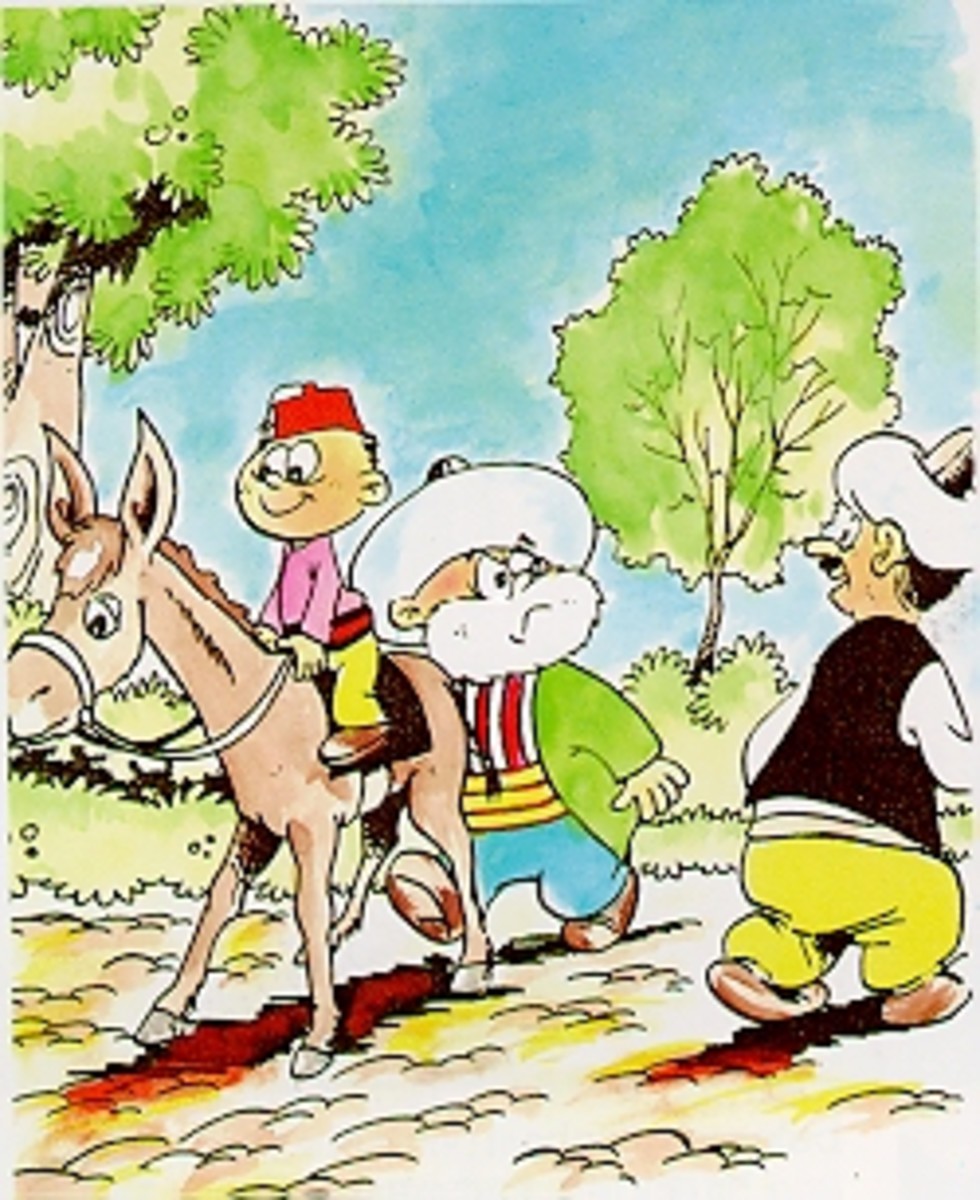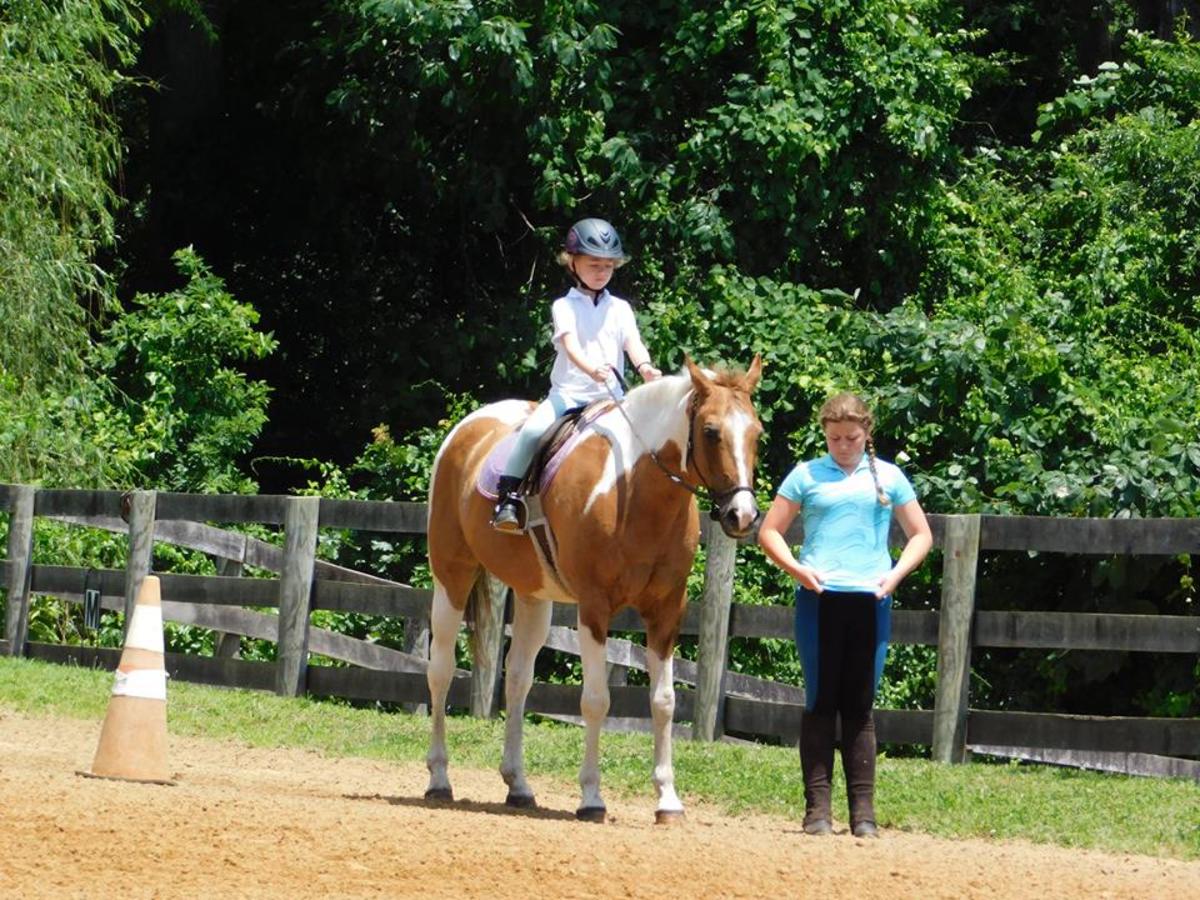Why is my horse bucking and how do I train him to stop?
Bucking: Determine Why
Horses learn to buck and rear for a variety of reasons; but once they learn to do it, it can be a challenge to stop. Therefore, it is very important to pinpoint the cause as soon as possible.
I generally would start with looking at eliminating potential physical problems. Here are a few quick and easy things to look for:
· Is your gear causing unnecessary pain or discomfort? Check for cuts on face and gums.
· Saddle fit: When you remove the saddle, are there dry patches of skin. Does the saddle abraid the skin?
· Lunge the horse and check his limbs for heat.
· Have a farrier check his feet for abscess or other signs of soreness.
· What are you feeding your horse? A feed consultant can help you find the best feed for your horse that meets his energy requirements while preventing him from getting hyper.
If you do not find anything with these simple checks, you may want to consult a veterinarian. It is quite possible that your veterinarian may not find an issue.
Bucking: Riding Technique Evaluation
The next place to look is in the evaluation of your riding technique. Riders often inadvertently cause problems. Start by asking yourself, are you being inconsistent with your rein contact? For example, do you leave the reins slack and then suddenly catch the horse in the mouth? Are you riding two handed with a one handed bit such as a grazing bit or curb? Do you have quiet legs? Unquiet legs send conflicting signals. Do you ride with firm leg contact? Tightening your legs each time there is an external stimuli is giving the horse an unintended cue. Are you overly submissive when working your horse?
Learn how to do the emergency stop, where you pull your horse in a circle as it is very difficult for him to buck or rear in this position. The circle disengages his hindquarters. If he is very strong, you may need to use both hands on a single rein. Be sure to stretch him beforehand so as not to injure him when you need to do this. If he does buck, put your weight in your heals, and put your heals down to anchor your position. Then drive the horse forward.
If you find yourself fearing your horse after being bucked off a few times too many, then you may want to consult a professional. While this may have some upfront cost, it can be a lot cheaper in the end if it avoids an accident. At this point, the horse can be “restarted” for a week or two with lunging, positive reinforcement and teaching a lot of forward momentum. There is really no cue for “don’t buck,” so rather than telling your horse what not to do, give your horse something else to think about. If you feel your horse thinking about bucking, ask him to step over a log, sidepass or speed up into a circle.
For more horse training help and information check out:
- Official Horse Sense - Blog
Information, directories, comics and news can be found on the Official Horse Sense Blog. - CM Horsemanship
Small business out of Union, MO that helps riders work with problem horses. You may also submit your training questions directly to the site.
Horse Resources
- Leg Position in the Saddle
Developing a quiet, active leg is important for a safe, comfortable horseback riding. Stretching, exercizing and the proper selection of footwear can all impact success. - Choosing a Boarding Stable for your Horse
The choice of boarding stable will have a dramatic effect on your horseback riding experience. Chosing the best options, living conditions, level of care and feed type are all important for successful horse ownership. - Horseback Riding in Inclement Weather
When talking about weather conditions and horseback riding, it's the unexpected that gets our attention. It takes more than tying a rain slicker to the back of your saddle to protect yourself and your horse... - English Horseback Riding Vs. Western Horseback Ridin...
The Western Saddle The English Saddle As basically all horse lovers (like me) know that there are two types of horseback riding; english and western, but what's the difference? The Tack Tack: Anything that... - Horseback Riding on the Beach
Tips for horseback riding on the beach, how to prepare your horse and what to pack. - What is a Good Age to Start Children In Horseback Ri...
Every little girl always wants a pony but at what age should you start her in riding lessons? Horses and even ponies are very large and potentially dangerous animals so before you run out and buy one for your...
